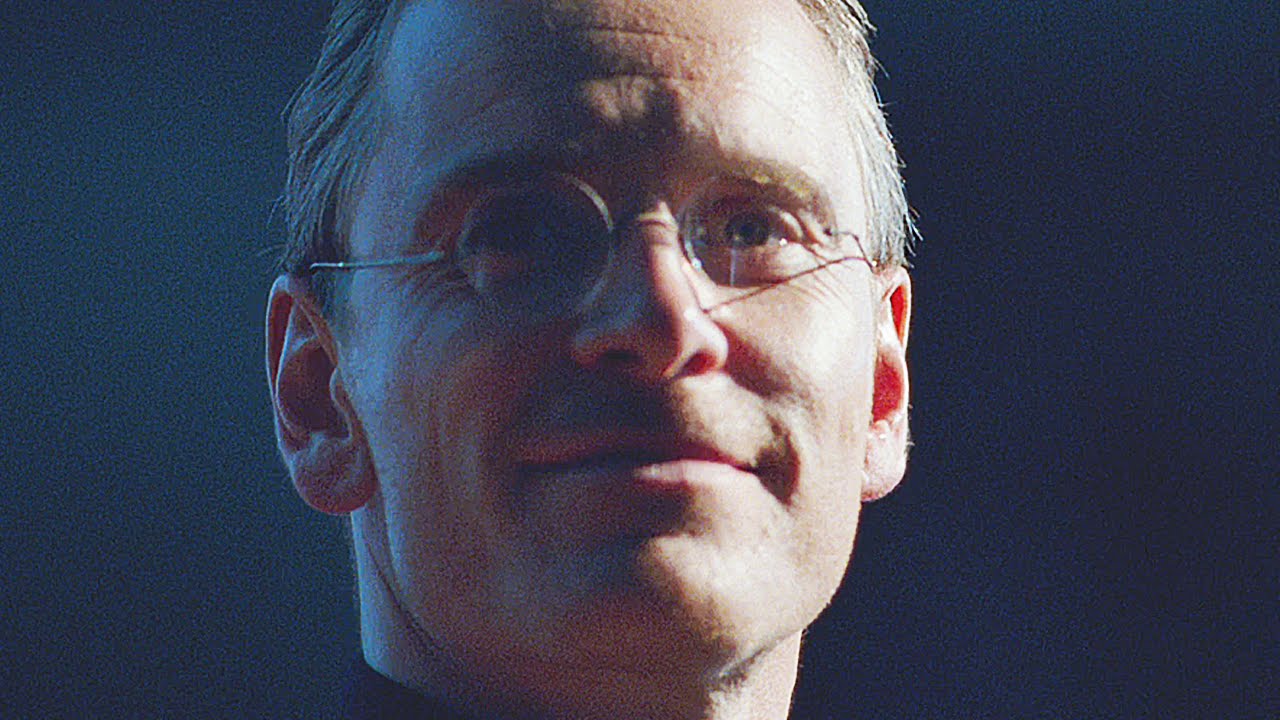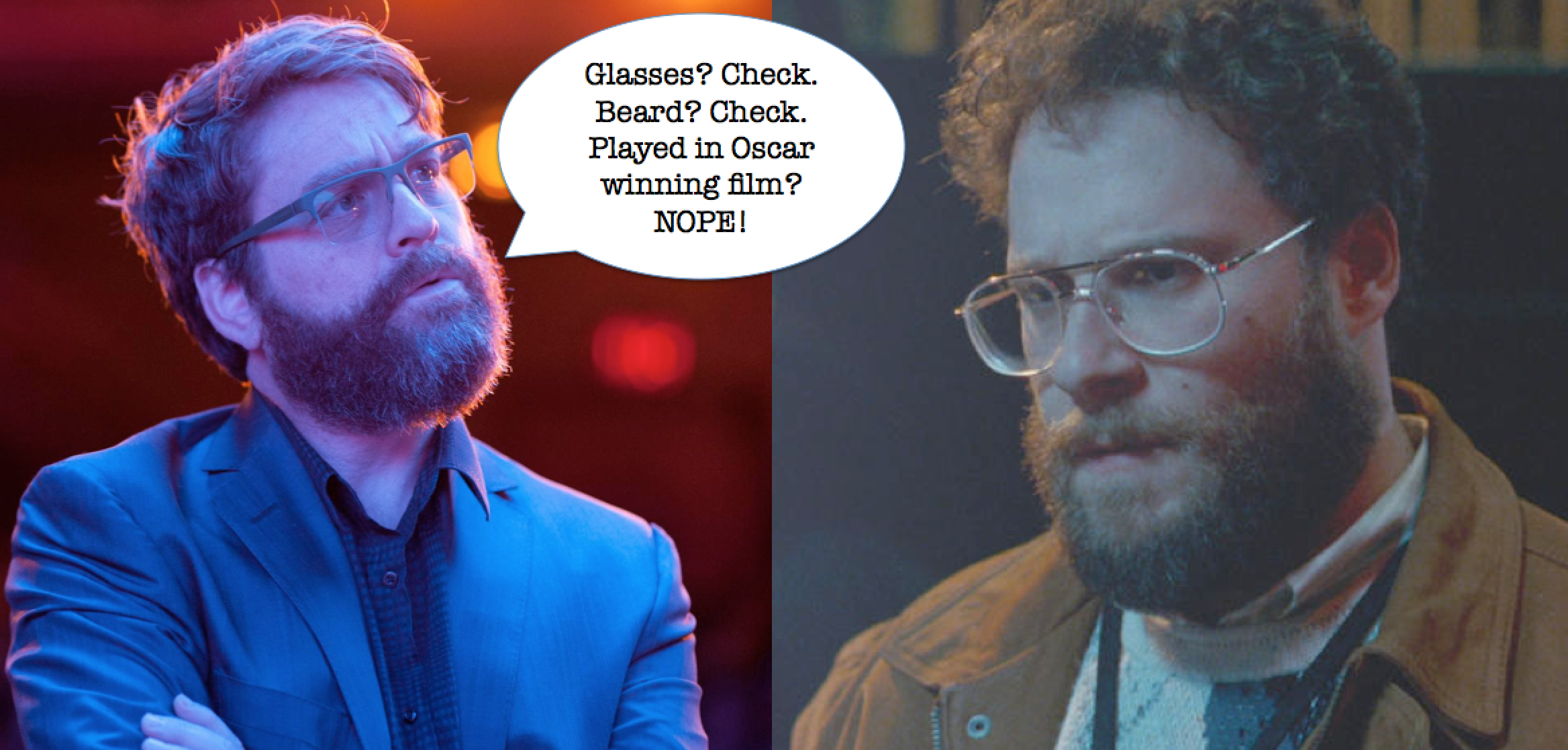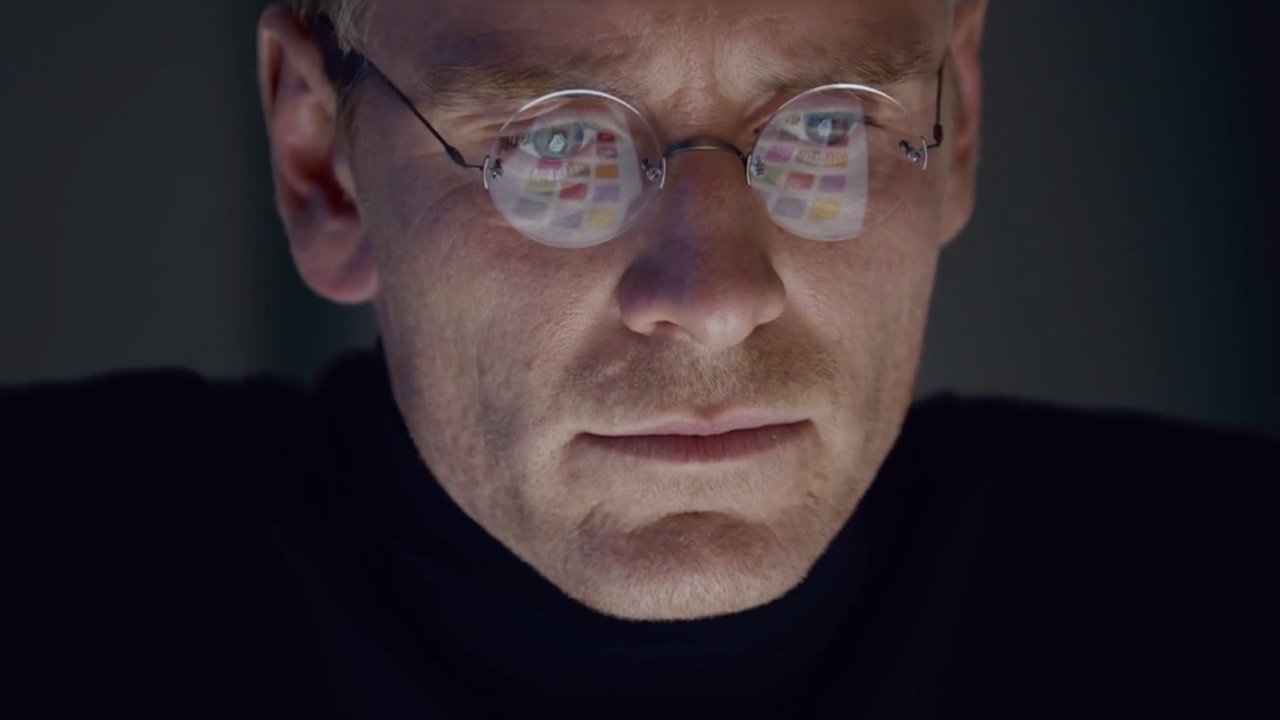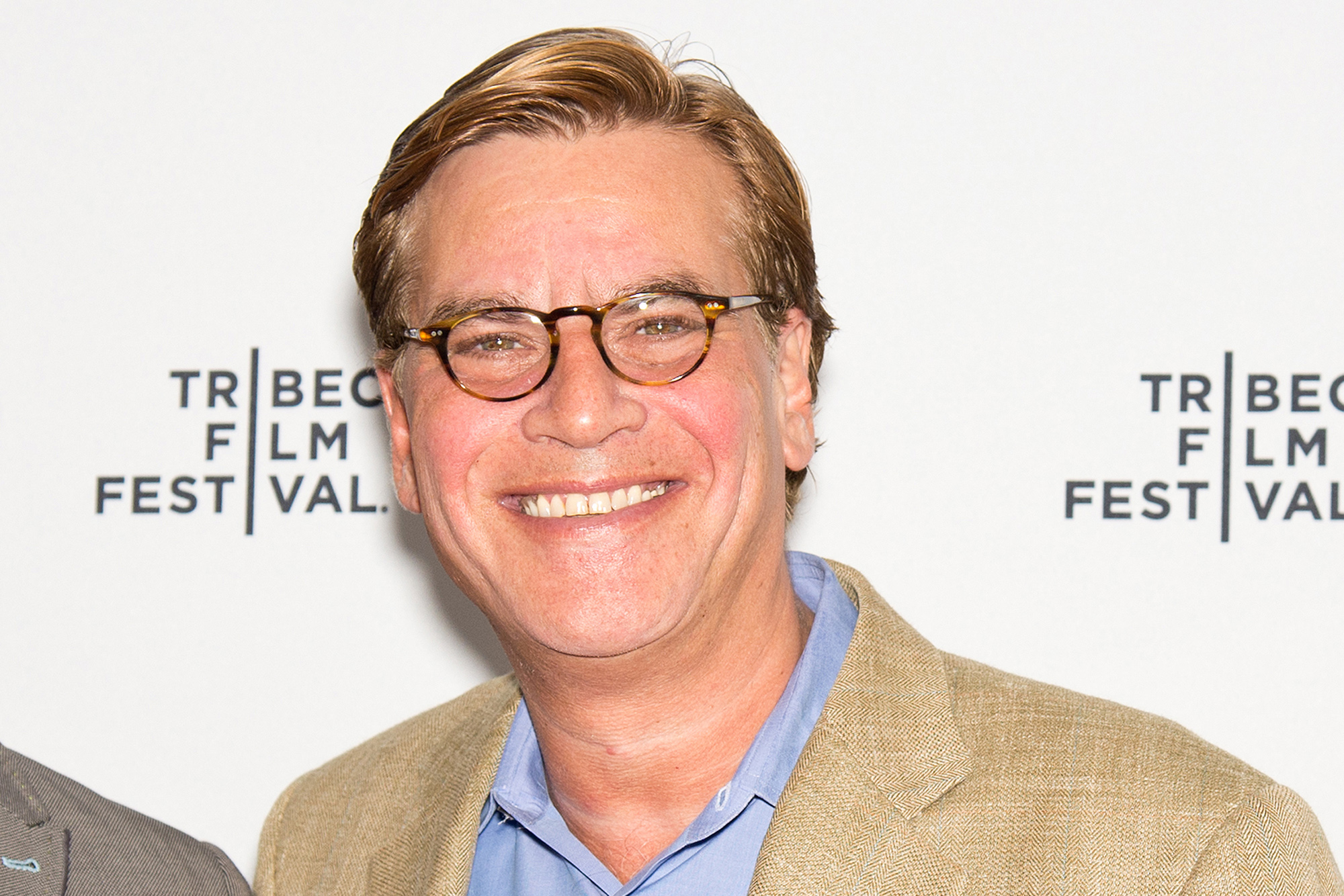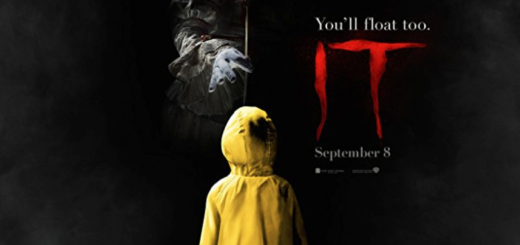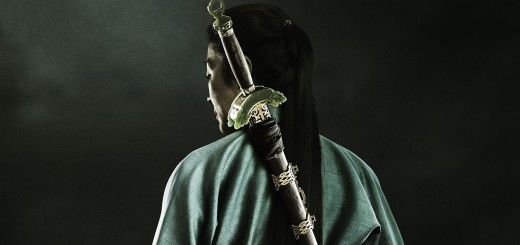STEVE JOBS Review
Director: Danny Boyle
Genre: Biopic
Release: 2015
When BIRDMAN came out a year ago, its technical accomplishments often overshadowed its brilliant writing, and while audiences fell in love with the film, it was hard to articulate that the film’s greatest asset lay in how astutely it treated its analysis of fame within such a brief time span, without ever making the audience dislike its protagonist. In an ambitious attempt to dissect the self-destructive nature of ego, Aaron Sorkin has written a film that treads the familiar ground he explored in THE SOCIAL NETWORK. Bolstered by fantastic performances and a dedication to Boyle’s flashy visual trademark, STEVE JOBS is a film that succeeds in being a definitive biopic for the marketing genius, but does little in the way of preventing its difficult themes from coming across as slanderous.
When viewing STEVE JOBS, Aaron Sorkin’s contribution to the film must be taken into account; despite all of the sharp, witty banter and biting rhetoric, Sorkin never writes his protagonists in support of verité, much rather in an attempt to write a stage play where his protagonist is merely a surrogate for Sorkin to voice his own opinions and propel the film’s thematic core. Michael Fassbender has fantastic actors to work off of, and the dialogue is consistently compelling, but the undeniable fact is that he simply doesn’t sound anything like the Apple founder. Consequently, the film seems to prioritize its message over actually functioning as an accurate biopic. This isn’t a terrible idea, but only reinforces that Boyle’s 2015 outing is a backstage drama that isn’t all too different from BIRDMAN in terms of exploring similar narrative beats, while never making its protagonist quite as sympathetic.
I present to you, the BirdMac
The real problem here is the execution of Jobs’ character. Aaron Sorkin’s instant fault is that he introduces his audience to a millionaire who refuses to acknowledge that he has a daughter out of wedlock, not wanting to pay for her to have a place to live. Although this ultimately makes for a clear character arc by the time the credits roll, the film spends far too much time making Jobs a borderline despicable human being. This is where comparing it to BIRDMAN becomes an essential part of its deconstruction. Because Fassbender is introduced as the largest presence in the room, he feels too big for audiences to empathize with, and isn’t ever knocked down to an emotional level that one can relate to until the very end of the film. Innaritu’s smartest writing choice is that Keaton’s character is not only empathetic, but often misunderstood. In addition to his blatant sense of ego, he is instantly one-upped as soon as Edward Norton is introduced, layering a battle of egocentricity with an onslaught of all the things that could possibly go wrong backstage during a theatre production.
Because Sorkin and Boyle decide to split up their three acts over the course of three decades, it becomes all the more difficult to really relate to anybody. Emma Stone and Michael Keaton’s father-daughter relationship is carefully explored, because audiences have a grasp on how a young adult views her father as they verbally lash it out onscreen. For the first two acts of STEVE JOBS, Fassbender’s daughter is so young that audiences can gain nothing from their interactions apart from the base-level information that Jobs could potentially make for a good father, but is too self-serving to be one, only further antagonizing him.
Now about that evil plan, Mr. Bond…
But where STEVE JOBS really meets its kryptonite is in its third act. Every character seems to burst out into a filibuster, voicing their concerns, personal conflicts, and frustrations in a climactic bubble of emotion. Fassbender is naturally always at the center of this. Sticking to the themes of egomaniacal behavior, almost every conflict is resolved through a confident shrug, chastising its protagonist for being the opposite of a team player. However, the film decides to conclude its narrative through an extremely sappy conflict resolution between Jobs and his now eighteen year old daughter.
The problem here is that this conclusion lies in almost direct contrast to the themes that the film explores and the film’s credo as a whole, putting Boyle and Sorkin in the uncomfortable position of choosing between a rock and a hard place. Either they compromise their thematic arguments for a less slanderous finale, or they stick to their guns and create a film that antagonizes the subject of their biopic front to back. Naturally, Boyle and Sorkin (and probably the studio) chose the former, but it only goes to show that this type of narrative works best under fictional circumstances, because nobody can blame a filmmaker for sticking to their guns if they defame a character they invented, once again validating how and why BIRDMAN does a better job with this plot structure. Where Sorkin decided to close THE SOCIAL NETWORK on a character that has connected the world through innovation but alienated himself from everyone he’s ever known, STEVE JOBS closes on a far less cynical note, essentially making for a film that falls just short of feeling thematically resonant.
Aaron Sorkin, really upset by our critiques
Crafting a biopic on the seminal figure of Silicon Valley by peeking in on what happens behind the curtains of three life-changing keynote presentations is a fascinating concept. Through choppy editing, fantastic performances from the entire ensemble cast (most notably Winslet, Rogen, Daniels, and Fassbender), and a brisk pace, Boyle has succeeded in proving that a film can be made using such an experimental act-structure. Unfortunately for Boyle, the weak characterizations can’t be saved by the strong dialogue and novel execution. The fact that the film feels innately spineless due to its failure to stick to its credo causes the experience to play out like a shameless insult to the intelligence of the audience that so patiently endured the brutality of its unsympathetic protagonist. STEVE JOBS feels like the most informative biopic in years, but also the least thematically coherent.
Verdict: Do Not Recommend


